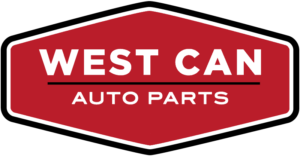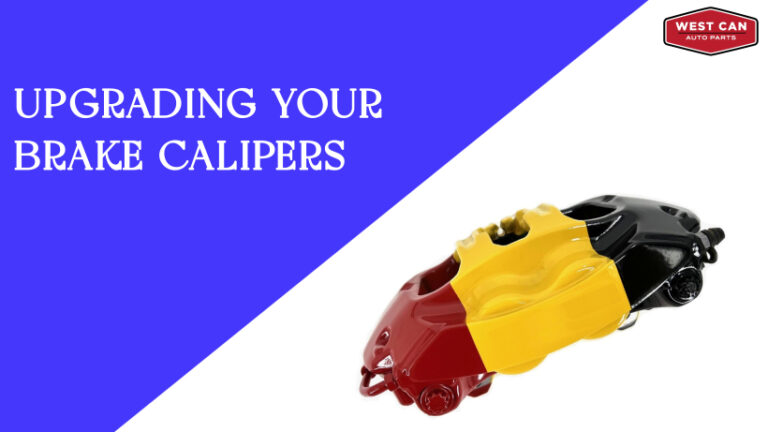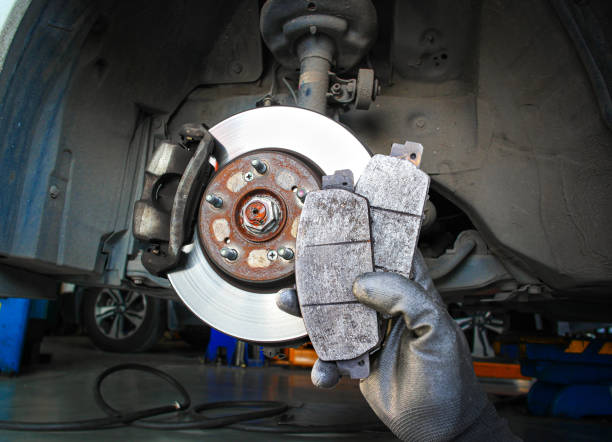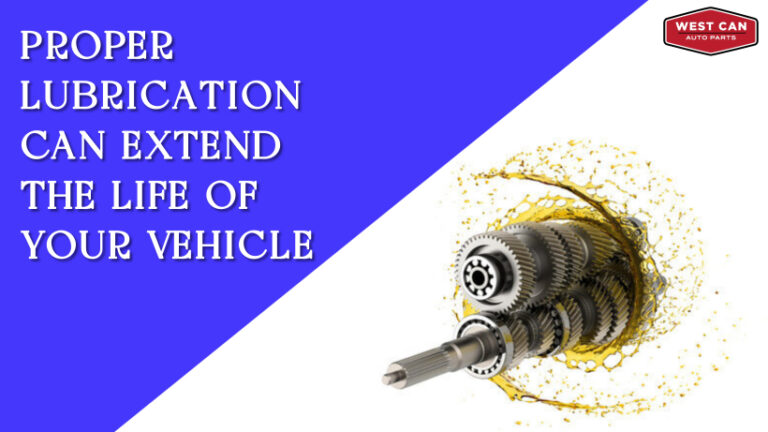Most Common Car Problems
From time to time everyone finds them to have problems with their cars. If you develop a problem, it’s never a good idea to ignore it; Handling small problems immediately after that happens is the best way to avoid big improvement bills later on. Safety is also another concern, keeping your car in good condition is the best way to keep your family safe while on the road.
This list includes the 25 most common problems found in newer cars. If you have an older vehicle, maybe not in this list and there are many other problems that are not included. We have highlighted what we think is a more ordinary problem so you can see it in your own car.
Normal Wear and Tear
There are some problems that will always occur in all types of cars – no problem about making or models, the quality of the manufacturing process or how well you maintain the vehicle. Over time there are normal signs that vehicles are aging and this means that some problems begin to emerge. Usually this is a small thing that can be easily improved; If they turn into something more serious, it can mean it becomes more economical to sell cars. Let’s look at some more common problems and see whether this is likely to be a quick improvement or expensive improvement.
1. A Warning Light Shows
Warning lights appear when one sensor detects errors and highlights the engine control unit. There are around 200 warning codes so you need to bring this to professionals who can then check the system, find out the sources of warnings and make the necessary improvements.
2. The Engine is Sputtering
There are some car parts that keep the engine running well but the engine that is misfiring or sputtering is one of the most common problems. So that the engine runs efficiently the amount of air and the right fuel must be mixed and then burned in the combustion chamber. So that this can run correctly there are a number of components in the fuel and ignition system that must work simultaneously. To maintain this type of problem to a minimum, the fuel and ignition system must be maintained and replaced in accordance with the manufacturer’s recommendations.
3. The Steering Wheel is Shaking
There are a number of reasons why the steering wheel vibrates while driving a vehicle. Damaged suspension components or wheel pads are usually blamed if this happens immediately after you start the car and withdraw. If the wheels vibrate at a higher speed, it is more often a problem with the balance of tires/wheels. To solve this, you need to take a car for the right mechanical inspection. This can be as simple as repairs such as making your wheels aligned.
4. The Brake Pads are Worn
The brakes will naturally be worn with use so that it is very important for you to stay above maintenance and ensure any problems are resolved before the brakes fail. Sometimes factory defects mean brake pads and rotors are worn faster than usual.
5. The Brakes are Squeaking/Grinding
The brake system will start worn the same as the other moving auto parts that you have in the car. Brakes are very important – they are very important to ensure you can stop safety so that all types of problems related to brakes, including unusual noise or soft brake pedal, must be taken care of by professional mechanics at the earliest chance. There are some small problems that can cause brakes to taste or scream but once you start to see the mill, you definitely need to replace them.
6. The Tyres are Flat
The tires will clearly be flat if stabbed but can also be caused by normal wear. Keeping the tires rotated according to factory instructions can help extend their life. The best practice is to rotate the tire when changing engine oil or every 5,000 miles.
Car problem
7. The Tyres are Wearing Unevenly
A number of wear from time to time are normal but if you find that tires are worn quickly, this shows potential problems. If there is a vibration through the steering wheel or you find that your tires wear uneven, you must ask someone to check the vehicle. It could be a suspension requires alignment. In addition, sometimes tire problems are caused by external factors or by defects in manufacturing.
8. The Car is Consuming Too Much Oil
Fresh oil is very important for cars to function but if you continue to increase your oil level, you might have problems with the car. If you start seeing a decrease in performance or oil lamp on, you definitely need to check the oil. If you don’t change oil regularly, you might find that the engine becomes corroded. Bad quality oil or lack of routine changes can also cause blockages in the oil filter. It is best to change the oil filter simultaneously when you change oil even though some modern cars have a bypass filter system in its place.
9. The Alternator is Failing
Alternator is an important part of running your car – it makes your battery loaded and make sure all electricity runs after you start the vehicle. If you damage your battery you can wear out and you find it difficult to turn on the car. Follow the service interval and make sure you change it in the right time.
10. Radiator leaks
Radiator leakage is almost always caused by corrosion. Corrosion itself can have many causes but once you get one leak, you tend to get more so it makes sense to replace the entire radiator. If you don’t keep the radiator in good condition, you can get problems with excessive heat and, in the end, it can end with the engine fire.
11. The Starter Motor is Failing
The starter motor is a component that turns the engine when you start the car. If it fails, it is a result of damage to electrical solenoids, the motor itself has been damaged or there are other errors in the electrical system. It is difficult to judge when the starter motor tends to break and avoid replacing it unnecessary, the best is to check the car by a professional to determine the cause of the initial problem before doing so.
12. There are Cracks in the Windscreen
Usually it takes a kind of external power such as stones to break the windshield but there are some cars that are vulnerable to damage due to the vulnerability of factory production. Although small cracks may not look like big problems, they can spread quickly and compromise glass integrity.
13. The Car Gives Out Excessive Emissions
The emission system is designed to maintain a minimum pollution while making sure your car runs well. This system includes a lot of sensitive equipment that can fail from time to time and this causes a variety of different problems in the car. For example, the wrong O2 sensor can begin to affect the fuel mixture, which causes inefficiency in running and the vehicle’s economy.
14. There are Fuel Leaks Through Evaporation
Fuel is sensitive to temperature and when hot, fuel will expand. This means that there must be a way to vent smoke. Because the smoke is a poisonous modern car equipped with equipment to stop toxicity that reaches the outside. The main problem you get with this is leak through evaporation. Most problems occur with fuel and easy and cheap to replace them regularly. However, if you see the warning lights never ignore it – if you end up with a failure in a catalytic converter, improvement can be expensive.
15. The Sensors Are Malfunctioning
Most modern cars come with a large number of sensors but this can have problems within and from themselves. One of the most common mistakes is the fuel air sensor and this is expensive to replace.
Car problem
16. There are Gear Box Problems/Transmission Failures
Gearbox means that all the power produced by your car engine can be converted into a type of rotation force that can be used by wheels. Over time the gears will start tired and you will find that it becomes more difficult to change teeth. Finally the gear box will fail, leading to the potential improvement that has the potential to reach thousands of pounds.
- • Leaky transmission liquid
Any transmission system requires a liquid to ensure that all work components are stored properly. In automatic cars, the liquid used in transmission is also used in hydraulic and cooling systems. Small holes can form throughout the system that allow a small amount of leaky fluid. Over time, or if the leak is severe, you will find that the transmission is less efficient, plus you might find that the system is too hot or loss of pressure. In both cases, the transmission will fail. If you see a red inundation collected under your car, it can be a sign that the transmission pan is cracked. - • Automatic transmission slip
Automatic transmission can be durable and efficient if maintained properly. It doesn’t make sense to last more than 200,000 miles. If you start to find a less smooth or slipped transmission, there may be damage or blockage of seals, gaskets, and channels in the system. Transmission must be served regularly to avoid this. - • Blocked transmission filters
Just like other liquids, the transmission fluid will take all types of particles from time to time and many of this end in the filter which is then clogged and needs to be replaced. However, a closed transmission system which means that if you get problems with blockages and blockages, it is likely to be some serious problems that can not be fixed. - • There is water in the transmission system
Water and other liquids can enter the transmission system and if that always means bad news for car owners. Even in small amounts of water will damage the components in the system and cause transmission failure.
17. Electrical Problems: Speakers
Most new cars come with a large electrical system which means that problems can occur in many areas. One of the most immediately seen, and some people will say that the mistake is when the speaker fails. Sometimes this is as simple as a wire that works loose and is easy to repair by removing the speaker and reinstalling the wrong wire.
18. Electrical Problems: Lights
Lighting is always a safety problem, especially if it is the headlights, brake lights or missing indicators. Corrosion and cables can cause bulb problems but most tubers last long before falling from normal wear.
19. Electrical Problems: Flat Battery
Flat battery is uncomfortable – and can also be a main source of stress. It could be that you have left the lights accidentally or something small that can be easily completed by starting the car. Flat battery can occur because the battery is old and has lost the ability to store costs. Batteries that are older than 3-6 years or one that have traveled more than 50,000 will be replaced. Other causes include alternator failures in the filling system.
Car problem
20. There are some small problems:
Scratches, wipers who are shot, and bad paint: These things are often annoying but do not need attention immediately. Repairing them is also cheap and easy: some cleaner candles and paint to cover scratches, new windshield wiper costs only a few pounds and paint defects are almost always cosmetics. If you see small rust spots, make sure you deal with this so that they don’t turn into a bigger problem later.
21. Window Problems
Most new cars have an electric window and one of the main bugs of car owners is when they stop winding up. This is also not only annoying – gaps can mean water can enter the interior of the car and damage it, or you can be more targeted for thieves.
22. Wrong Starter
If it is difficult to start your car, you might start to hear click before the car starts – if this is the problem, maybe it’s time to replace your motor starter. If the car will no longer start so it needs to be repaired faster than later.
23. Rust
This can surprise finding rust in your car even though it does not always represent a serious problem depends on which rust is found. Rust on body work is cosmetics but rust under the car or on your exhaust has the potential to be dangerous and must be investigated because it can undermine important components.
Rust requires anode, cathode, and electrolyte to form which makes the car vulnerable to it. If the climate is humid enough, your car can experience rust even though it is below the cover. The metal in your car can act as an anode and cathode and water is electrolytes. Quick examination around your vehicle, under the wheel arches and around the exhaust regularly often enough to find rust problems but every few months, especially if you live in a humid or humid environment, it will be a good idea for the knee and knees And check under your vehicle as a whole.
24. My fuel economy falls
If the engine runs efficiently, it will burn fuel at a better speed but if the parts of the system starts to wear out and not replaced, you will find the distance will go down. Stay above things like your fuel and air filter, O2 and mass air sensors, with proactive service regimes will keep you running efficiently. The point is fuel savings depending on how well you maintain the engine. Ensuring that vehicles are regularly served, with appropriate oil replacement, changes in filters and new spark plugs can make all differences when coming to the mileage.
25. The car continues to be too hot
Strangely, too hot does not occur often, especially in modern cars with complex systems, sensors and so on acting to maintain the right vehicle temperature. Make sure the radiator is treated and the water pump works is the easiest and cheapest way to prevent problems with overheating.
Whatever car you have will require routine maintenance and even you will still get something wrong from time to time. Some car models are more vulnerable to certain problems than others and driving styles can also have an impact on wair and efficiency. No matter what your vehicle is, we hope you find this list useful. Stay alert for signs of problems and dealing with them when it happens to save time and money and keep you on the road. And if you need any kind of auto parts, you can visit us at www.westcanauto.com








